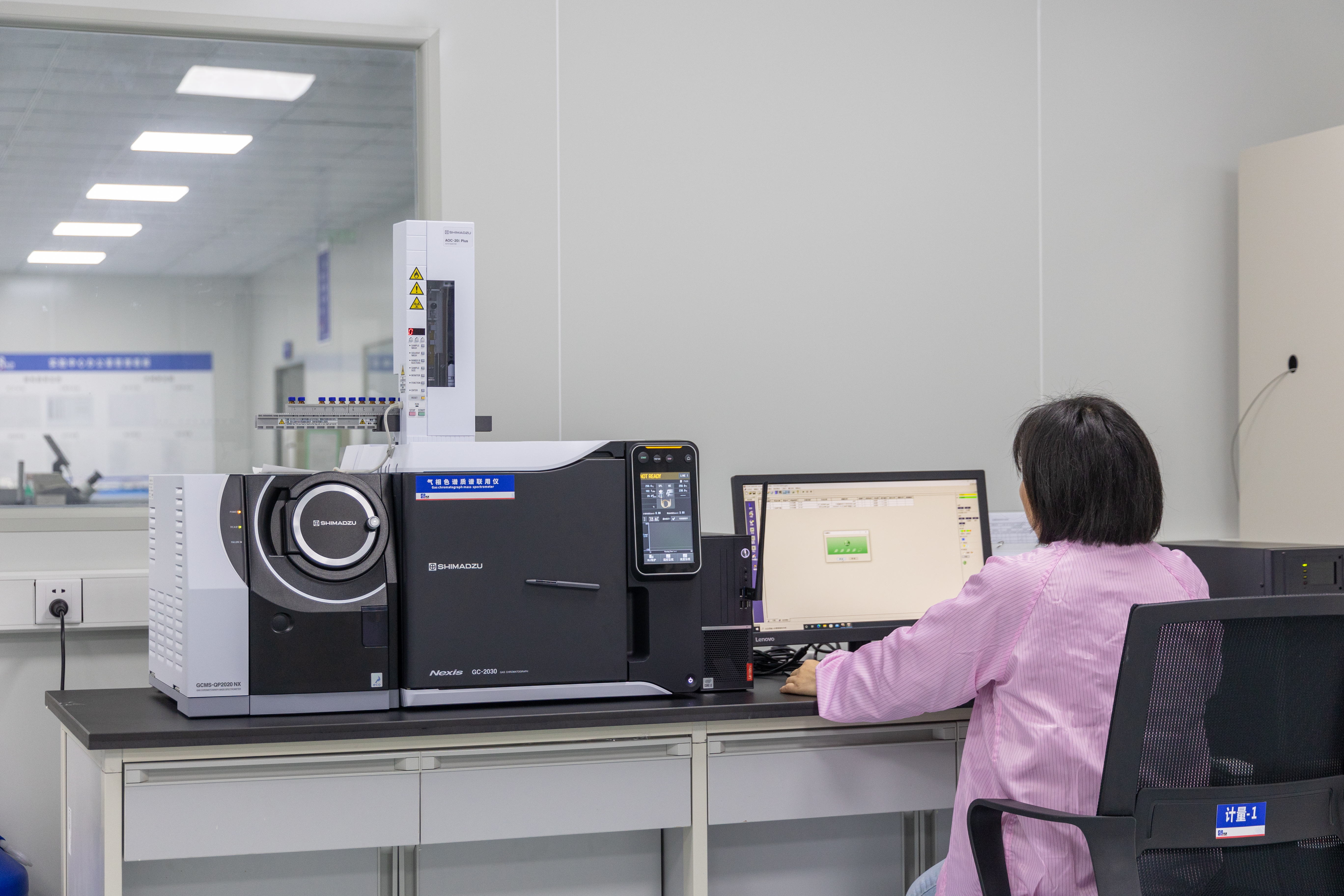relay field testing: ensuring the reliability of protection systems
Release time:2025-05-25 18:05:31
Relay field testing is a crucial process in the maintenance and commissioning of electrical protection systems. These systems are designed to ensure the safety and stability of electrical networks by detecting and responding to faults. As part of the overall electrical infrastructure, protection relays serve as the first line of defense against system failures, safeguarding equipment, and preventing cascading faults that could lead to severe damage or even power outages. To ensure their reliable operation, these relays must undergo thorough field testing, verifying their functionality and accuracy before being put into service.

The Importance of Relay Field Testing Relay field testing is essential because protection relays are responsible for detecting various fault conditions, such as overcurrent, undercurrent, voltage deviations, or frequency imbalances. In the event of a fault, relays must quickly and accurately interpret the data from sensors and then initiate the correct action to isolate the problem. A malfunctioning relay can result in delayed responses, unnecessary outages, or failure to isolate the fault, all of which can lead to significant operational disruptions and financial losses. Field testing is the final step before commissioning a relay system into service, confirming that the relay performs as expected under actual operating conditions. This process is also essential during routine maintenance to ensure that the relay continues to function correctly throughout its operational life. Given the critical role these devices play in system protection, testing is not just a formality but a necessary procedure to guarantee the long-term reliability of the protection system.

